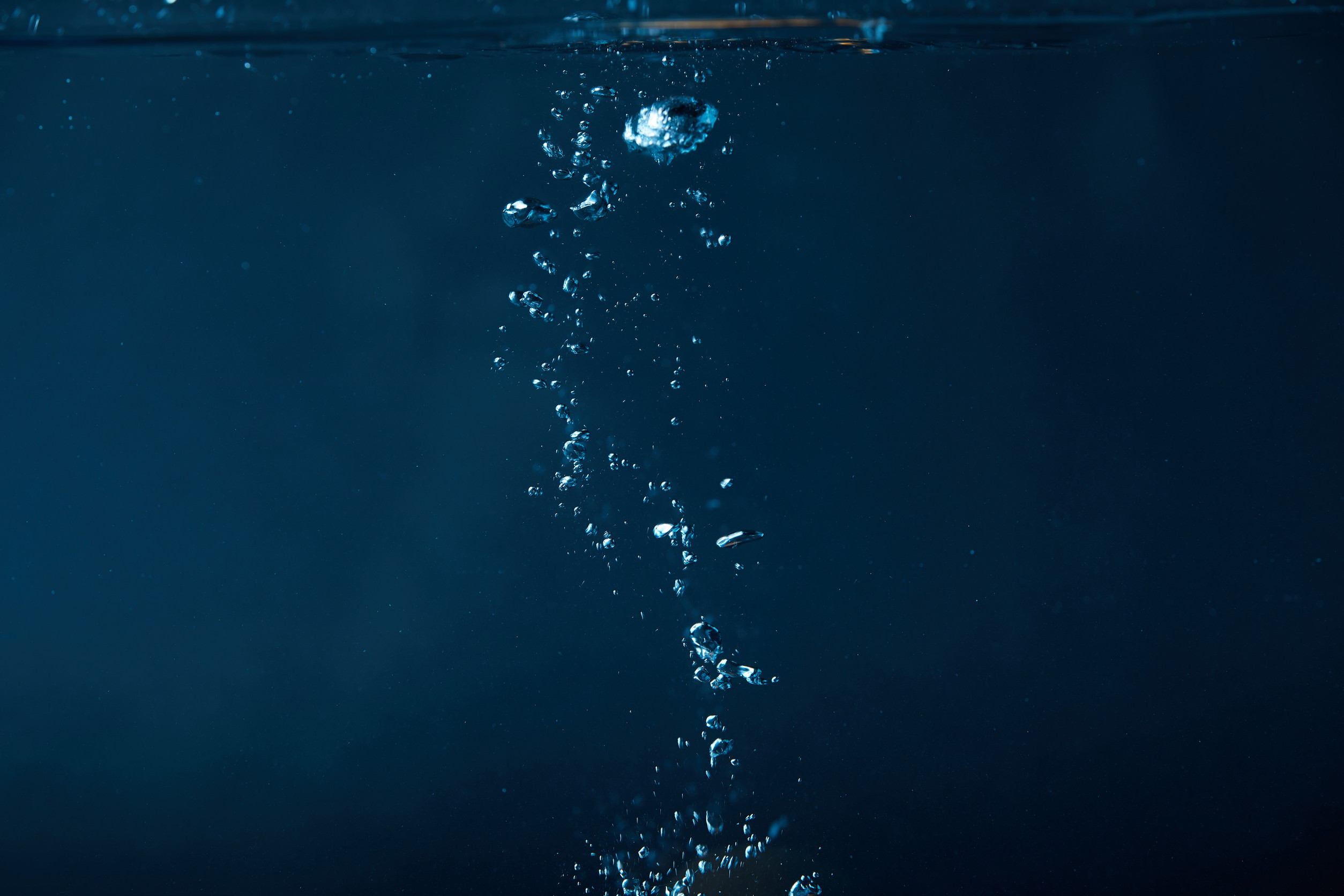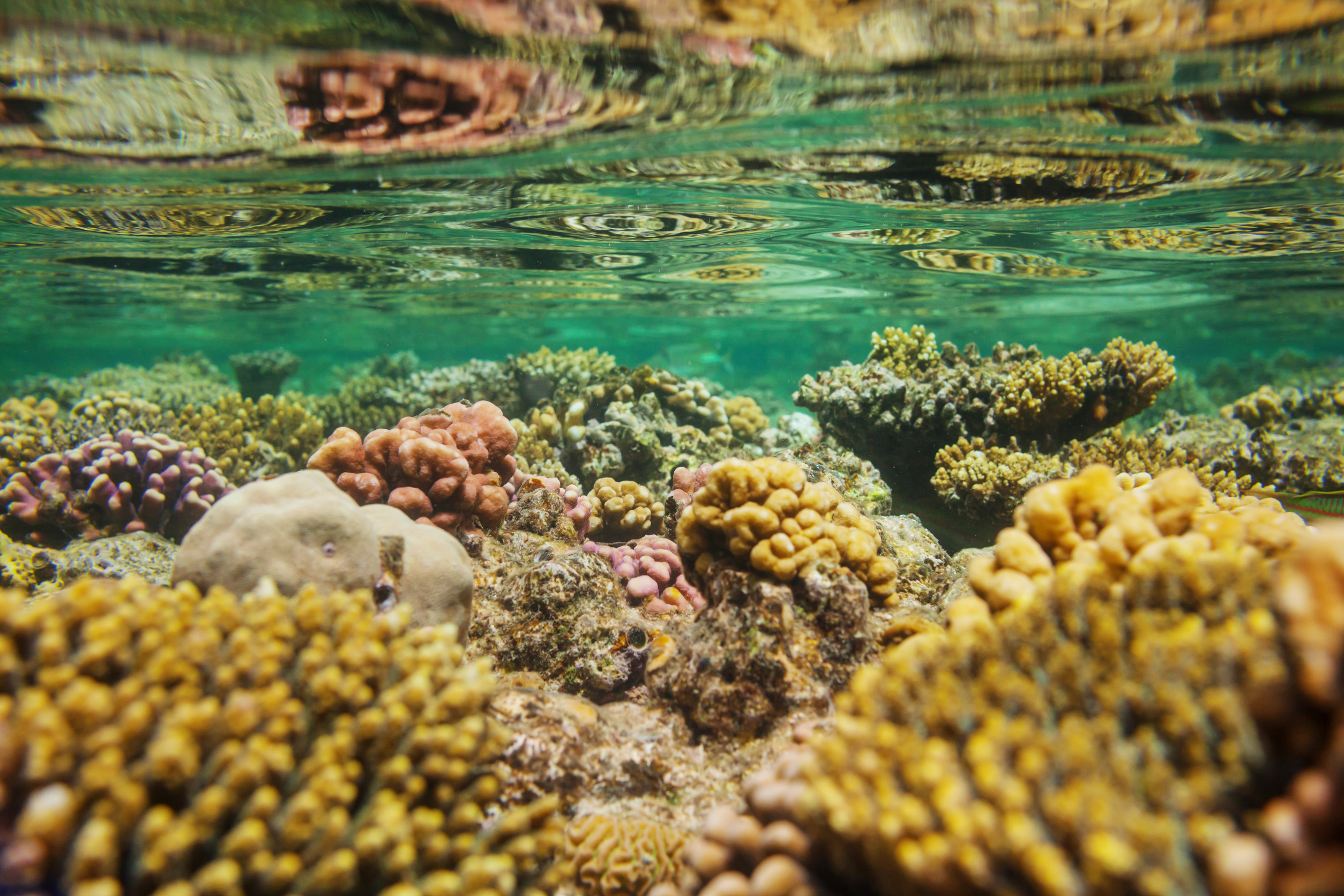Image Credit: lightfieldstudios/123rf.com
Coral reefs are facing a critical crisis, with scientists urgently seeking solutions to protect these vital ecosystems. In response, researchers from The Ohio State University have developed a new device called the Underwater Zooplankton Enhancement Light Array (UZELA), which offers a promising approach to help corals thrive in an increasingly hostile ocean environment.
UZELA is a submersible, programmable light system designed to attract zooplankton, which are essential food sources for corals. The device operates by emitting light for approximately one hour each night, significantly increasing zooplankton populations—by as much as seven times their normal levels—when deployed. This increase in food availability is expected to enhance coral resilience against various environmental stressors.
Field tests conducted in Hawaii involving two native coral species, Montipora capitata and Porites compressa, revealed impressive results, with coral feeding rates rising between 10- to 50-fold in areas where UZELA was utilized. This research was published in the journal *Limnology and Oceanography: Methods*.
Coral reefs, which support one-third of all marine species while occupying less than one percent of the ocean, are currently under severe threat from rising sea temperatures and ocean acidification. A recent mass coral bleaching event, reported by the U.S. National Oceanic and Atmospheric Administration (NOAA), impacted over 60.5 percent of global corals from February 2023 to April 2024. Bleaching occurs when corals expel their symbiotic algae due to heat stress, leading to weakened corals that are more susceptible to disease and mortality.
While UZELA cannot replace the lost algae, it can provide corals with essential nutrients that may aid in recovery. The device was designed with practicality in mind, capable of functioning for up to six months on a single battery and requiring minimal maintenance. Trained divers can easily manage repairs, and the brief light exposure ensures minimal disruption to the behaviors of other marine species.
Currently, each UZELA unit is handmade, which limits its widespread application. However, the research team is collaborating with a local engineering company to develop a more efficient and scalable version, with hopes of having an upgraded model ready for broader deployment within the next one to three years.
While UZELA represents a significant step forward in coral conservation efforts, researchers stress that addressing climate change is essential for the long-term survival of coral reefs. Although UZELA is not a comprehensive solution, it provides a valuable tool to help protect these fragile ecosystems in the interim as efforts continue toward more sustainable environmental practices.
Check out the original article here: Source link



